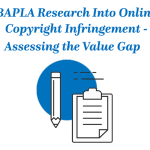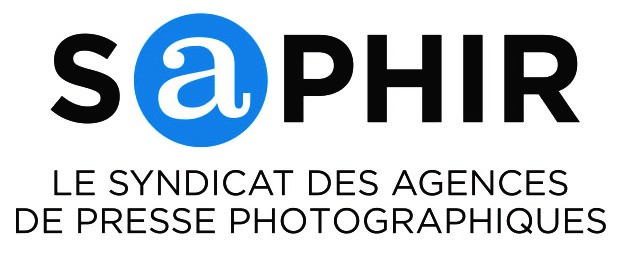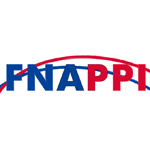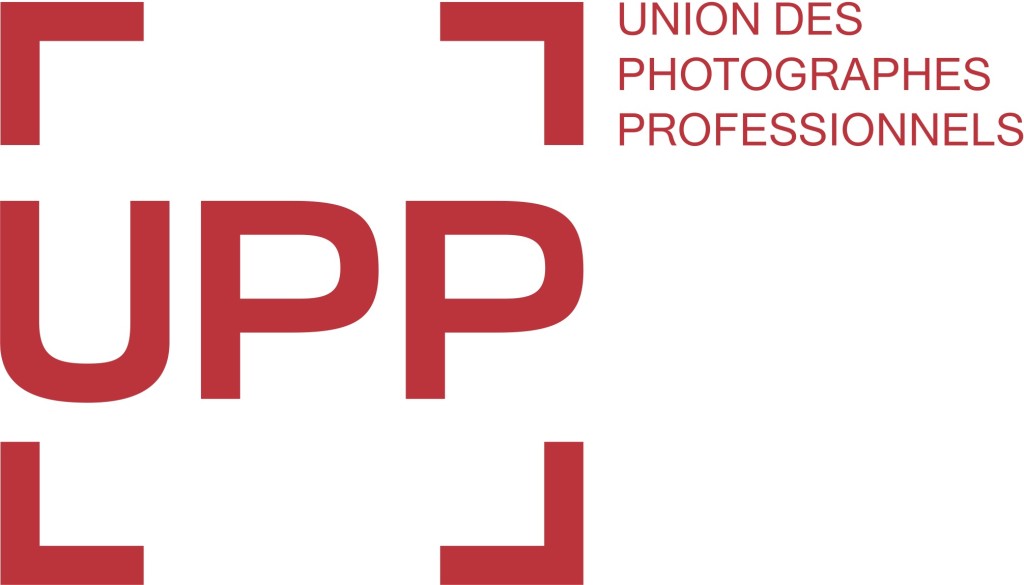BAPLA, a trade association representing picture libraries and agencies in the UK, has released its Online Copyright Infringement Report based on data collected in the autumn of 2019.
This in-depth report examines the impact of online copyright infringement now and over the past 10 years. It is significant in highlighting the long-held belief that BAPLA members have economically suffered as a consequence of constant copyright infringement on the internet, contributing to the ‘value gap’ in the image industry.
The overall impact of infringements on picture libraries and agencies is documented by this report, with 93% of respondents experiencing constant online infringement of images they license.
The research identified a number of key issues, which include:
- 72% of respondents followed up online infringements, but less than 46% were successful in pursuing infringements.
- 21% of respondents said methods used to pursue infringements were not very effective.
- Only 55% of respondents had obtained some financial compensation for online infringements.
- Only 7% of respondents have dedicated staff to chase online infringements.
- The proportion of person hours spent on pursuing copyright infringement online was around 16% in relation to sales.
- The average proportion of licensing revenue lost from online infringements was a staggering 25%.
On the cost of infringements, one respondent commented: “From income from pursued cases, [we] would estimate £100,000+ from unsuccessful, unfound and pursuable cases, extrapolating from the income we receive from successful cases.”
Whilst respondents use a variety of methods to deter those intent on infringing, it does not appear to be working. The low spend on pursuing infringements in proportion to administrative costs shows respondents try to ensure there is a minimal cost incurred in order to offset the monies received. Respondents stressed that licensing for online use was considered far more challenging because of social media, creating a ‘whack-a-mole’ condition because images are so quickly disseminated on these types of platforms.
Isabelle Doran, Picture Library Manager at Loupe Images and BAPLA’s Head of Policy & Public Affairs commented, “This is a vitally important piece of research that presents the scale of the problem facing our members, particularly in their ability to generate income from online use. It clearly shows a correlation between the economic decline in image sales and the rapid growth in the freeloading of copyrighted images rather than legitimately licensing digital images for use online. Many BAPLA members lack the necessary resources to keep up with the insatiable replication of images, resorting to several methods trying to deal with the situation – but it’s not enough to stem the torrent of infringements they face. This research adds essential data to many of the arguments our members have been making for a long time.”
BAPLA Chair, Toby Hopkins, said “For the first time we have industry-wide evidence on the scale of copyright infringement experienced by visual rights holders. It’s alarming: picture libraries believe they are losing up to 25% of their income to unauthorised uses. This underlines the need for a fair copyright regime, with effective enforcement, to enable photographers and agencies to realise their full potential in an online world.”
The report illustrates many of the challenges facing picture libraries and agencies between trying to generate sales income and enforce image use online, with ever-diminishing resources to manage the situation. It concludes with highlighting discernible changing habits online affecting and increasing dominance of certain types of online content sharing service platforms, like Facebook and Twitter, establishing an unfair online marketplace – the ‘value gap’. Unequivocally, the value gap is the mismatch between the value that online content sharing service platforms extract from images and the revenue returned to rightsholders. All respondents agreed that the solution lies in the opportunity provided in Article 17 of the Copyright Directive (May 2019), to obtain a licence from such platforms in order to display copyright-protected images.
The success of the image industry is fully dependent on the ability to license images for print and online use. The losses caused by copyright infringement online evidently have an acute negative impact on the amount of income generated and the people who rely on it, contributing to a growing threat to future investment, stability and growth of the industry.
This research shows that we need to be looking at what behavioural attitudes users are being encouraged to undertake when accessing images online and what solutions we need to compensate for the ‘value gap’. It is hoped that this research will help to inform and influence current policy-making in the UK.”
Our thanks goes out to Joanna Pogonska, who undertook the research, those representing BAPLA who supported its progress including staff and board members, and finally to the BAPLA members that took part.
To download a PDF copy of BAPLA Research Into Online Copyright Infringement, click here.

















